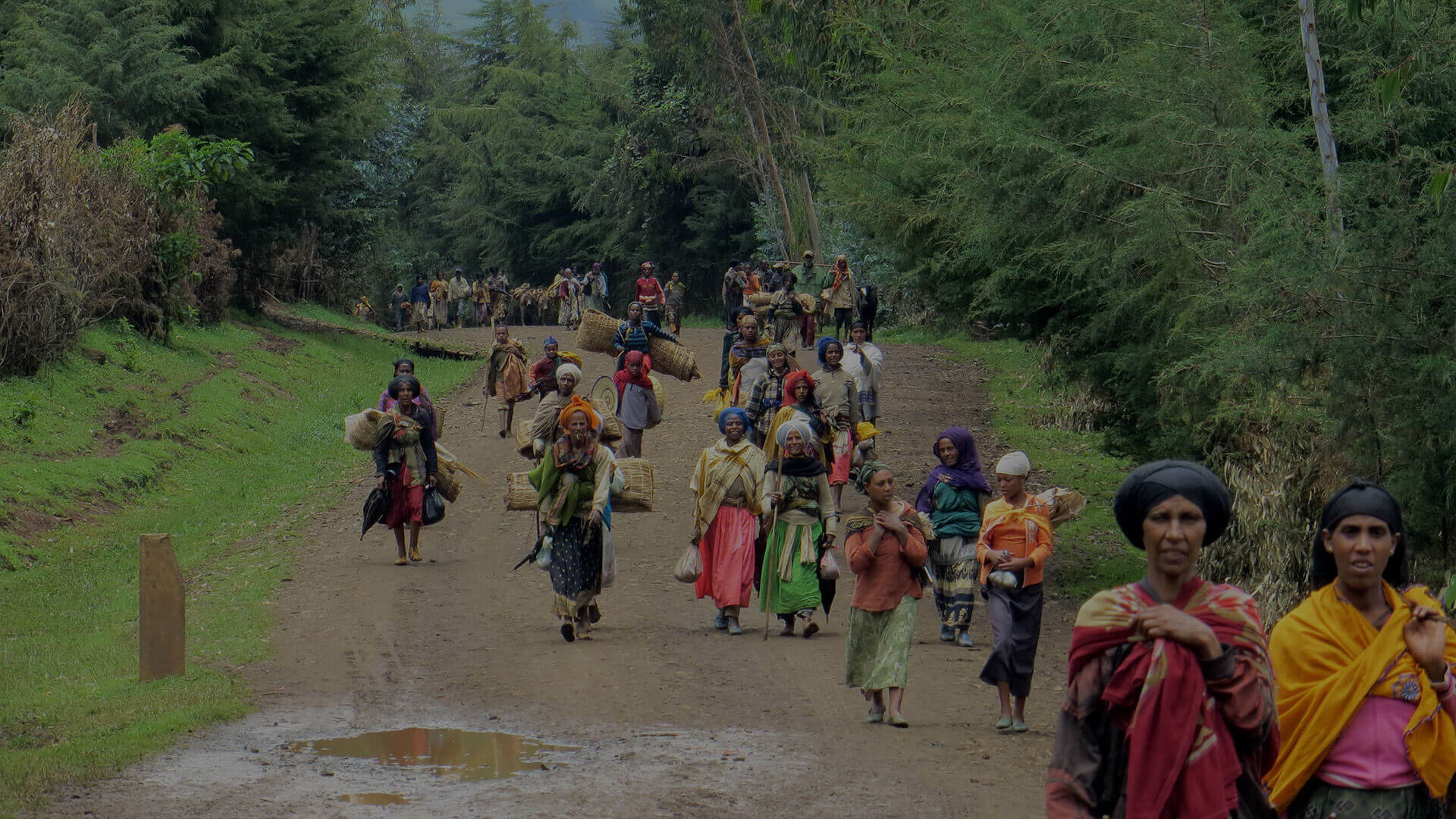Since 1990
DKT Ethiopia
DKT Ethiopia (‘DKT’) is a non-profit organization founded in 1990 that employs social marketing to promote the adoption of family planning, HIV prevention, and maternal and child health products and services.
Ethiopia has made remarkable progress towards improving access to and use of contraceptives. The country has also made progress towards preventing HIV transmission and improving maternal and child health. Ethiopia’s contraceptive prevalence rate increased from 3% in 1990 to 41% in 2022 and HIV prevalence decreased from 3.2% in 1996 to 0.8% today (World Bank).
MISSION
DKT provides couples with affordable and safe options for family planning, safe abortion, and HIV/AIDS prevention through dynamic social marketing.
VISION
A world where all children are wanted, the sex is great, and people are free.
Business-oriented NGO
DKT is a non-governmental organization (NGO) that operates like a business to address sexual and reproductive health (SRH) challenges. DKT builds brands over years and decades. Brands are trusted by and accessible to consumers. DKT sells rather than gives products away for free, believing that individuals are more likely to use the products they pay for. Some of DKT’s products are heavily subsidized while others are sold at break-even and profit-making prices. While the majority of SRH products in Ethiopia are delivered through the public sector, DKT prefers the private sector as the channel with which to have the greatest impact.
Scale
DKT is the largest provider of contraceptives to the private sector in Ethiopia and second only to the Government in terms of overall contraceptive distribution. In 2024, DKT distributed 4.7 million couple years protection (CYPs), making DKT the second largest social marketing program in Africa.
In Ethiopia, DKT is active in all regions and City Administrations. DKT maintains seven decentralized Area Offices (AOs) and 13 warehouses and mini-stores.
What is a CYP?
A couple years of protection (CYP) is a unit of measurement that allows for comparison of the equivalency of different methods of contraception over a one-year period. One CYP is equal to:
-
100 Male Condoms
-
100 Female Condoms
-
14 Oral Contraceptive Pill Cycles
-
16 Emergency Contraceptive Cycles
-
4 Injectable Contraceptives
-
0.23 Intrauterine Devices (IUDs)
-
0.33 Implant Contraceptives
Cost-recovery
DKT’s cost per CYP hovers around the $4 – 5, placing DKT on the low end of costs in Africa (Guttmacher 2019). Revenue from sales helps insulate DKT from changing political and external investment priorities and gives DKT increased autonomy.
The Name DKT
DKT is named in honor of D.K. (Deep) Tyagi, who served as Assistant Commissioner of Family Planning for the Government of India. Mr. Tyagi was the architect of an extensive communication and behavior change program that introduced modern methods of FP to hundreds of millions of Indians.
Mr. Tyagi was largely responsible for the design and dissemination of a mass communication program that brought awareness and knowledge of FP to hundreds of millions of Indians. He began his work at a time (1966) when modern contraceptive methods were virtually unknown in rural India. His success in saturating the country with simple, attractive messages and designs (including the Red Triangle, which is now in use in several other countries) overcame age-old communication barriers and greatly increased public awareness of contraception. As an Indian with close ties with his own village in Uttar Pradesh, he saw a basic incongruity between national FP goals and traditional aspirations of rural Indians and his work did much to bridge this gap.
Although he died at the age of 41, Mr. Tyagi made a major contribution to his country’s FP efforts.
About Our Donors
DKT Ethiopia is grateful for the investments of a number of bilateral and foundation supporters.











